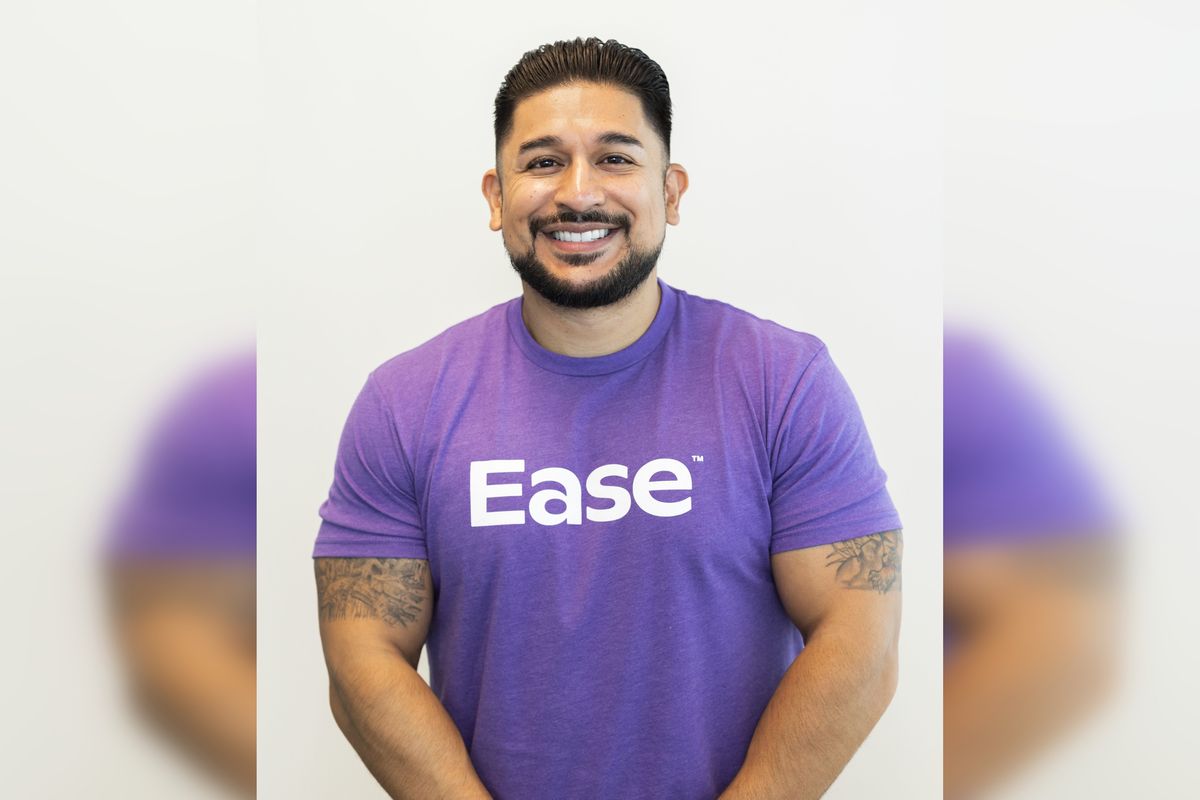Amazon named the 20 startups joining its accelerator that will connect Latinx founders to its network of mentors, provide programming, and even dole out funding.
The AWS Impact Accelerator Latino Founders Cohort is a part of Amazon's $30 million commitment to supporting underrepresented startup founders. The eight-week program started this week in Amazon's Seattle headquarters.
“This cohort of the AWS Impact Accelerator aims to highlight the viability and ingenuity of Latino-led startups, so the VC community can increase support to these founders,” says Howard Wright, vice president and global head of startups at AWS, in the news release. “We’re looking forward to playing an active role in helping these companies turbocharge their growth through access to capital, experts, and all of the innovations that the AWS tech stack has to offer.”
Houston-based Ease, founded by Mario Amaro in 2018, the health care fintech platform allows for medical professionals to start, grow, and manage their private practices with bookkeeping tools and other software infrastructure. So far, the company has worked with more than 300 practices. Per Cruncbase data, the company has raised $2.8 million in pre-seed and grant funding. According to Amazon, the company's investors include Slauson & Co. and Precursor Ventures.

Last year, Ease was named among the 50 companies in the inaugural cohort of the Google for Startups Latino Founders Fund. In that program, each company received an equity-free $100,000 investment, as well as programming and support from Google, mentorship from technical and business experts, access to free mental health therapy, and more.
Ease stood out among the nearly 1,100 submissions to the program, according to the release, and joins 19 other companies from across the country and even Argentina, Brazil, Colombia, Mexico, Venezuela, and Puerto Rico. Each of the cohort companies will receive up to $225,000 in cash and AWS Activate credits, alongside a training curriculum, networking opportunities with Amazon staff and potential investors, and ongoing advisory support.
The other startups in the program include:
- Alvva, a, immigrant-focused fintech platform from California
- Cogniflow, a personal AI platform founded in Colombia with a New York US HQ
- Deskfy, a marketing portal from Brazil with its US HQ in Delaware
- DivySci Software, an edtech organization founded in New York
- EducUp, an edtech company from Florida
- Fielder, a Mexico-founded enterprise software-as-a-service with US-based operations in Delaware
- GamerSafer, a security tech company within gaming from California
- Kigüi, a Mexican money-saving grocery app
- Kuentro, a Venezuelan affordable hiring platform that caters to middle- and working-class job seekers
- Lazo Fintech Inc, a Florida-based fintech and legal platform
- Leantime, a developer tool from North Carolina
- Monadd, a Florida-founded personal finance platform
- PilotoMail, a remote work platform founded in Puerto Rico
- Sign-Speak, a New York startup with an American Sign Language device
- STIGMA, a mental health mobile app from Illinois
- Outtrip, a Argentina-founded tourism platform with US operations in Delaware
- Panda Salud, a Mexico-based platform connecting health care small businesses with diagnostic test providers
- Tienditapp, a Mexico-based app with a last-mile delivery model
- TuCuota, a payment collections tool from Argentina


 Apple doubles down on Houston with new production facility, training centerPhoto courtesy Apple.
Apple doubles down on Houston with new production facility, training centerPhoto courtesy Apple.





